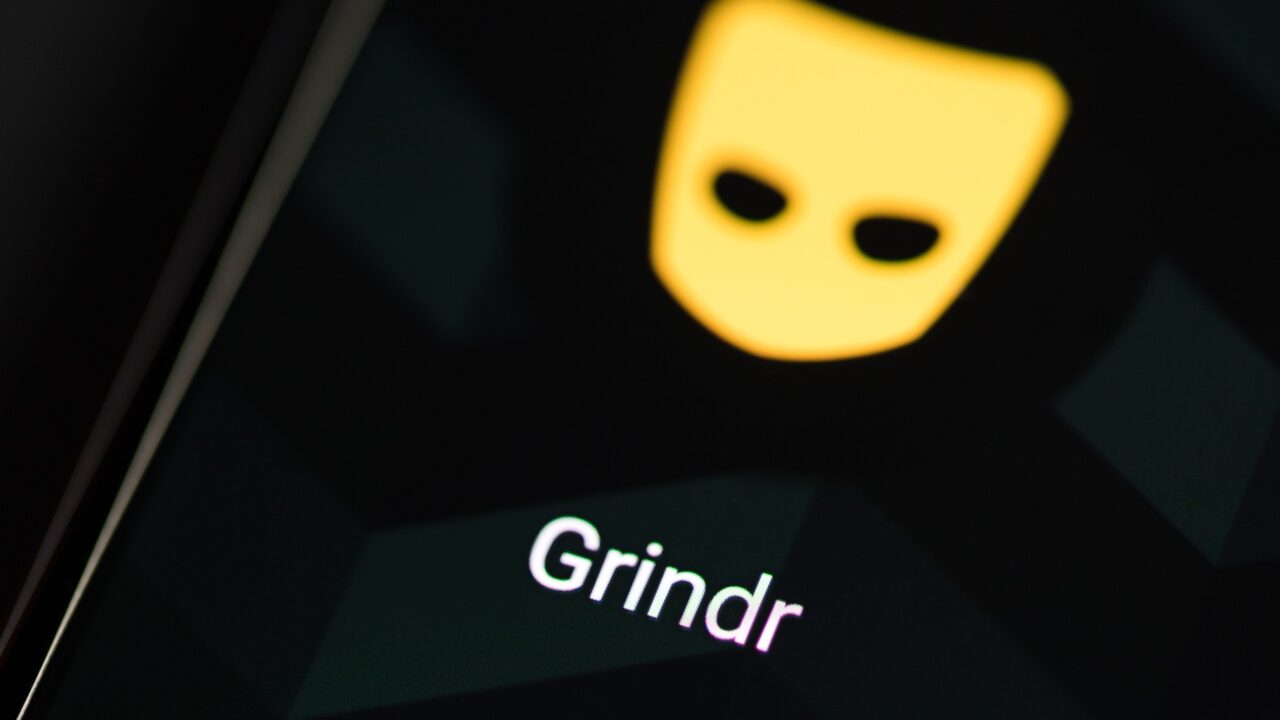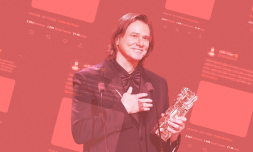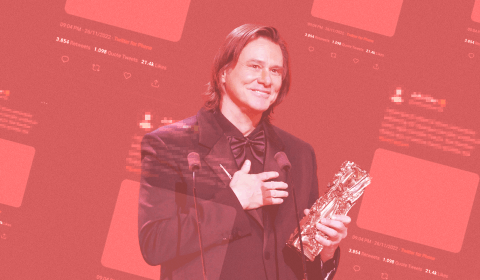In the digital age, it’s assumed that dating has never been easier. Yet as the LGBTQ+ community increasingly finds itself struggling to navigate the complex landscape of these apps, many are beginning to question the psychological toll of platforms offering instant gratification.
Grindr, with its three million daily active users, has revolutionised how gay men meet and interact.
Its design, which sorts potential partners into a grid based on their proximity, offers limitless access to casual encounters. For many, it’s a source of excitement and liberation.
Beneath the surface, however, lies a far more complex reality. According to Dr. Jack Turban, a psychiatrist specialising in gender and sexuality who recently conducted an informal study to gain more insight into this issue, hook-up apps are having a significantly negative impact on gay men’s mental health.
This is due to their addictive nature, which is hindering the discovery of meaningful connections and contributing to feelings of emptiness, anxiety, and depression among users.
As Turban explains, Grindr’s popularity has to do with the brain’s reward system – activated by the simple action of opening the app and creating a potent cycle that can be difficult to break away from.
In addition, it employs a psychological principal known as variable ratio reinforcement which, much like a slot machine, delivers rewards (matches or hook-ups) at unpredictable intervals.
This keeps users engaged for hours on end.
Yet many report turning to the app when they feel sad or lonely and while the brief distraction of a hook-up might provide temporary relief from these adverse emotions, users often feel worse after such encounters, with a survey by Time Well Spent uncovering that 77 per cent have regretted their decision to seek one out – which only drives up compulsive use.



















